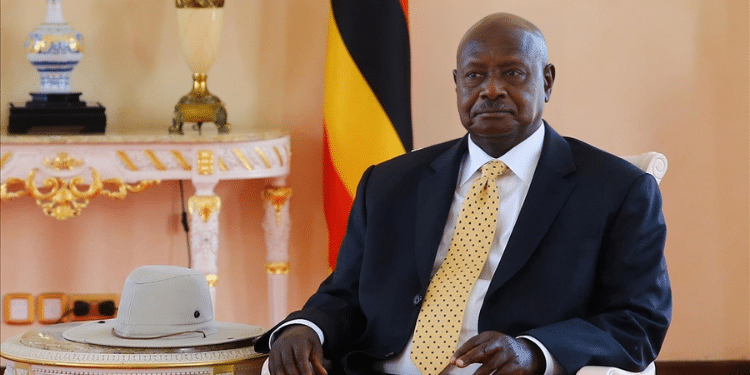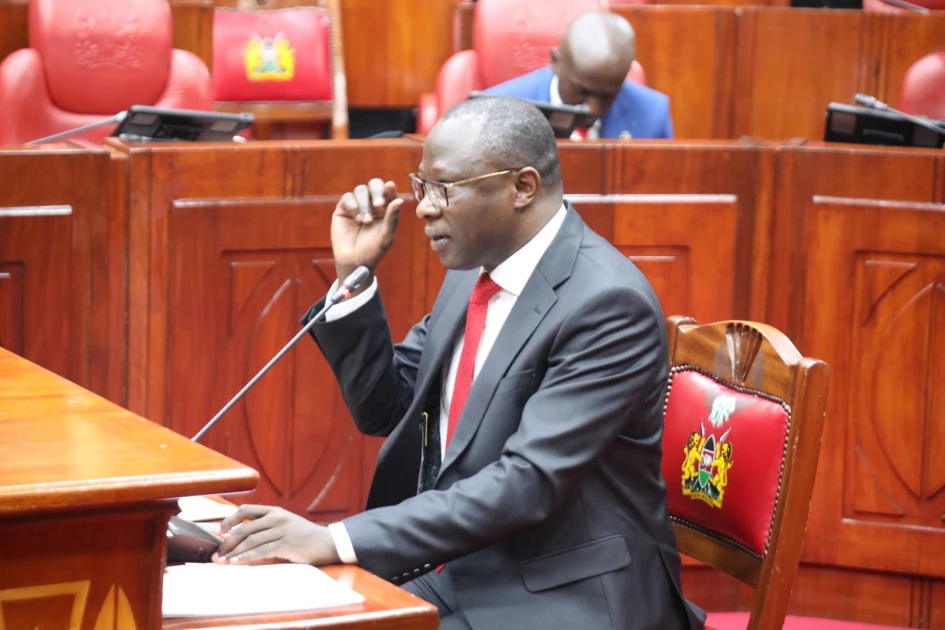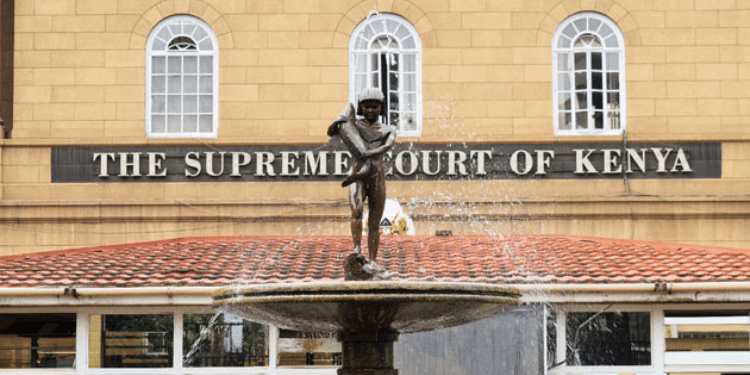John Mweha, a Kenyan, has submitted a petition to the Judicial Service Commission (JSC) requesting the immediate removal of the naked boy statue at the Supreme Court of Kenya.
In a petition dated March 25, 2025, the resident of Kiambaa Constituency cited legal, cultural, and ethical concerns as his reasons for the proposal.
“I, John Mweha Kariuki, a concerned Kenyan, submit this petition to the Judicial Service Commission (JSC) under Article 37 of the Constitution, which guarantees the right to petition public institutions. In that regard, I request the JSC to act and remove the statue, which has drawn significant public concern,” the statement read.
John Mweha Lists His Reasons for His Request
In his petition, John said that the depiction of a naked boy is demeaning and does not uphold the dignity of the boy child.
Further, he argued that if a similar nude female statue was displayed, it would be widely condemned, hence this same concern should apply equally to all genders.
- Contravention of National Values and Cultural Norms
Mweha also argues that article 11 of the Kenyan Constitution recognizes culture as the foundation of the nation and promotes cultural values, thus the statue does not align with Kenyan values.
He added that he had received confirmation from the national museum that the statue is not a gazetted national monument and holds no cultural or legal significance.
Therefore, the statue is not a protected artefact, which gives the Judiciary full authority to remove it without violating any heritage laws.
-
Colonial Symbolism and the Need for National Identity
The petitioner also argued that the statue was imported from England by Mrs. Gertrude Hamilton, representing colonial ideologies that do not align with Kenya’s sovereignty; hence, it does not reflect Kenya’s values.
Also Read: Judiciary Hit by Budget Cuts Amidst War With Executive
- Negative Perception of the Judiciary
Further, he stated that the image of a naked boy struggling with a slippery fish creates a negative public perception of the Judiciary, as a consequence it fails to communicate strength, stability, and the firmness of justice.
- Misrepresentation of Justice
He argues that the six turtles splashing water around the naked boy statue may symbolize delayed justice, reinforcing public concerns over judicial inefficiencies.
Also Read: Judiciary Calls Out Citizen TV Over IEBC
- Gender Discrimination
Also among the reasons cited in the petitions is the provisions of Article 27 of the Kenyan Constitution which guarantees gender equality, yet the depiction of a naked boy may cause gender bias.
He added that no other nation uses the Naked Boy Statue as a justice symbol, including England, where the statue originated, which does not use it to represent justice in judicial institutions.
The statue outside Supreme has elicited debate in the past with a section of Kenyans calling for its removal. It depicts a boy holding a fish with the traditional bench wig on the head.
Follow our WhatsApp Channel and join our WhatsApp Group for real-time news updates.











































































